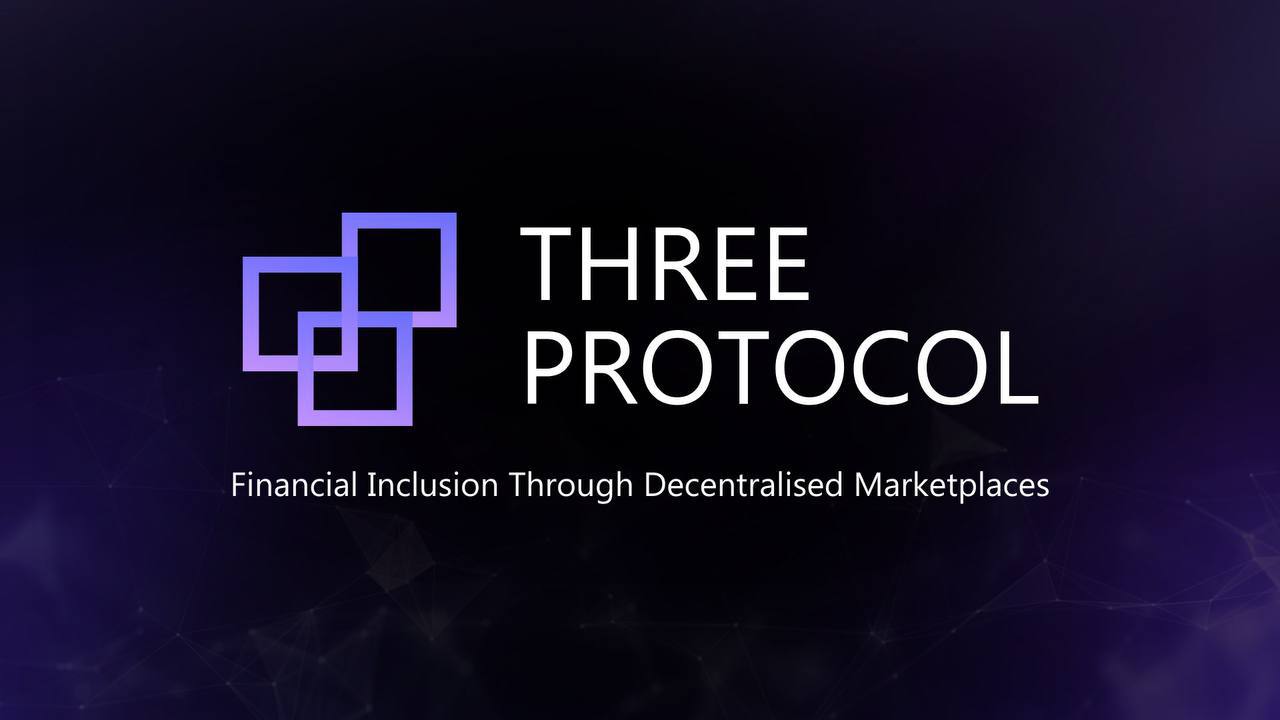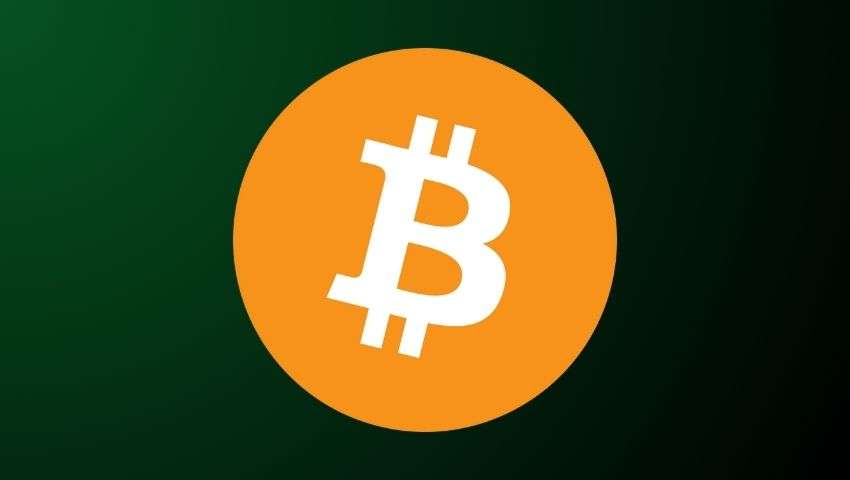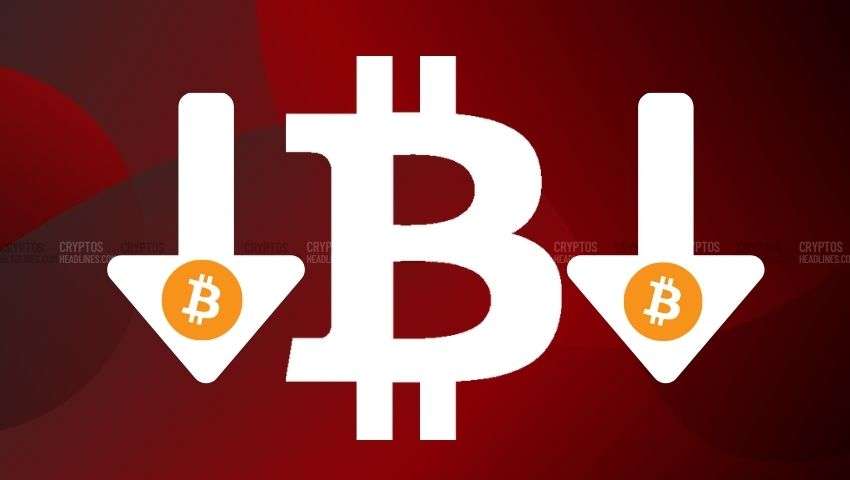Regulatory Triumph Highlights Legal Accountability for Decentralized Entities, Dispelling Common Assumptions
In a significant legal outcome, a federal judge has ruled in favor of the U.S. Commodity Futures Trading Commission (CFTC) in a lawsuit where decentralized autonomous organization (DAO) Ooki DAO was accused of offering unregistered commodities.
This decision has effectively challenged the widespread belief within the industry that decentralized finance (DeFi) actors enjoy immunity from regulatory oversight.
The judge’s ruling highlights the accountability of DeFi entities and emphasizes that they can be subject to legal consequences for their actions, thus reshaping the perception surrounding regulatory scrutiny in the DeFi space.
In a recent development, U.S. District Judge William H. Orrick delivered a ruling on Thursday declaring that Ooki DAO had been running an illicit trading platform and engaging in unauthorized activities as an unregistered futures commission merchant (FCM).
The judge granted the U.S. Commodity Futures Trading Commission (CFTC) a default judgment, ordering Ooki DAO to pay a penalty amounting to $643,542. Additionally, the organization was directed to immediately cease all operations and permanently shut down its website.
Also Read: Ex-CFTC Chairman: SEC Must Establish New Framework for Investor Protection
This legal action underscores the importance of complying with regulatory requirements and serves as a warning to other entities involved in similar activities within the decentralized finance (DeFi) space.
The initial lawsuit, which was filed in September of last year in the U.S. District Court for the Northern District of California, accused the DAO of providing retail customers with “leveraged and margined” commodities transactions.
Furthermore, it alleged that the organization failed to comply with know-your-customer (KYC) regulations while catering to those traders.
The lawsuit highlighted potential regulatory violations related to the DAO’s offerings and customer due diligence, emphasizing the importance of adhering to such laws in serving retail clients.
In January, the CFTC urged a federal judge to proceed with a ruling against the DAO for violating federal commodities laws, as the DAO had failed to meet the deadline for responding to the lawsuit.
However, the judge dismissed this request. Despite Ooki DAO never formally acknowledging or responding to the lawsuit, the organization implemented geofencing measures to restrict access from the United States following the filing of the suit.
Traditionally, participants in the decentralized finance (DeFi) sector have managed to avoid the legal scrutiny typically encountered by their centralized counterparts. However, this trend may be undergoing a shift.
In March, a California court ruled that bZx protocol and its community members who held tokens were responsible for losses incurred due to an exploit that resulted in the depletion of their DAO’s funds. Additionally, in April, the Securities and Exchange Commission (SEC) issued a subpoena to Jared Grey, the Head Chef of SushiSwap.
These developments highlight a growing willingness to hold DeFi actors accountable within the legal framework.
Also Read: CFTC Recognizes Cryptocurrencies’ Potential to Revolutionize Risk Management
Important: This article is intended solely for informational purposes. It should not be considered or relied upon as legal, tax, investment, financial, or any other form of advice.
Follow Cryptos Headlines on Google News
Join Cryptos Headlines Community









